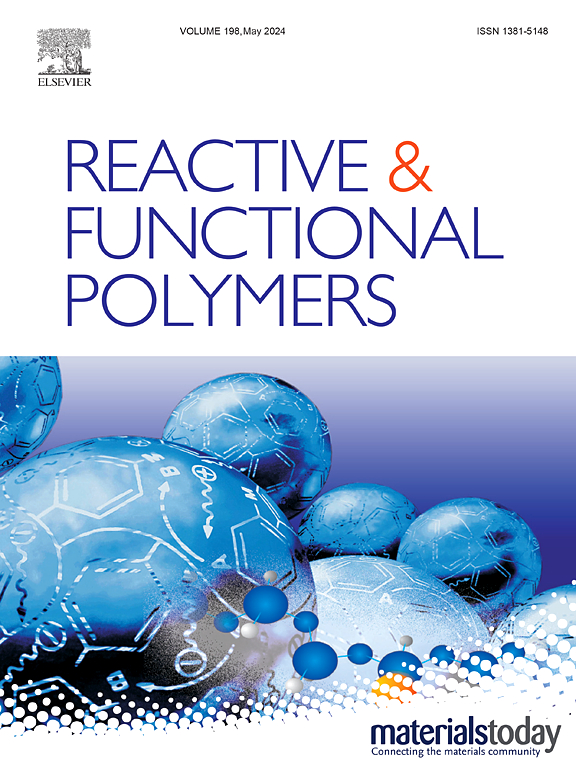提高乳清蛋白分离物/pectin乳剂中包裹的双歧杆菌的稳定性和消化性能
IF 4.5
3区 工程技术
Q1 CHEMISTRY, APPLIED
引用次数: 0
摘要
双歧杆菌(B. bifidum)因其对健康的益处而被认为是最重要的肠道益生菌之一。然而,双歧杆菌的存活通常会受到多种因素的影响,包括 pH 值和加热,这限制了双歧杆菌在食品中的潜在应用及其有益作用的实现。在这项研究中,双歧杆菌被包裹在由乳清蛋白分离物(WPI)和果胶制备的乳液中。冷冻扫描电子显微镜(Cryo-SEM)、透射电子显微镜(TEM)和超高分辨率显微镜(URM)观察了乳剂的微观形态。与浓度为 1% 或 3% 的果胶相比,浓度为 2% 的果胶乳液的 pH 值、离子强度和热稳定性最好。与游离双歧杆菌相比,在体外消化后,双歧杆菌在乳液中的包被提高了其存活率。研究结果表明,乳液封装是保持益生菌活性的一种有效方法,可作为开发口服益生菌食品的一种有价值的方法。本文章由计算机程序翻译,如有差异,请以英文原文为准。

Improving the stability and digestive property of Bifidobacterium bifidum encapsulated in whey protein isolate/pectin emulsions
Bifidobacterium bifidum (B. bifidum) is considered as one of the most important intestinal probiotics for its health benefits. However, the survival of B. bifidum is typically hindered by a number of factors, including pH and heating, which constrains the potential applications of B. bifidum in food products and the realization of its beneficial effects. In this study, B. bifidum was encapsulated in emulsions prepared from whey protein isolate (WPI) and pectin. The microscopic morphology of the emulsions was observed by Cryo-scanning electron microscopy (Cryo-SEM) and transmission electron microscopy (TEM) as well as ultra-high resolution microscopy (URM). The pH, ionic strength, and thermal stability of the emulsions are recorded best on 2 % pectin concentration as compared to 1 % or 3 %. The viability of B. bifidum is enhanced by encapsulation in emulsion after in vitro digestion compared to free B. bifidum. The findings indicate that emulsion encapsulation can be an effective method for maintaining the activity of probiotics, which could be a valuable approach for developing orally consumed probiotic foods.
求助全文
通过发布文献求助,成功后即可免费获取论文全文。
去求助
来源期刊

Reactive & Functional Polymers
工程技术-高分子科学
CiteScore
8.90
自引率
5.90%
发文量
259
审稿时长
27 days
期刊介绍:
Reactive & Functional Polymers provides a forum to disseminate original ideas, concepts and developments in the science and technology of polymers with functional groups, which impart specific chemical reactivity or physical, chemical, structural, biological, and pharmacological functionality. The scope covers organic polymers, acting for instance as reagents, catalysts, templates, ion-exchangers, selective sorbents, chelating or antimicrobial agents, drug carriers, sensors, membranes, and hydrogels. This also includes reactive cross-linkable prepolymers and high-performance thermosetting polymers, natural or degradable polymers, conducting polymers, and porous polymers.
Original research articles must contain thorough molecular and material characterization data on synthesis of the above polymers in combination with their applications. Applications include but are not limited to catalysis, water or effluent treatment, separations and recovery, electronics and information storage, energy conversion, encapsulation, or adhesion.
 求助内容:
求助内容: 应助结果提醒方式:
应助结果提醒方式:


